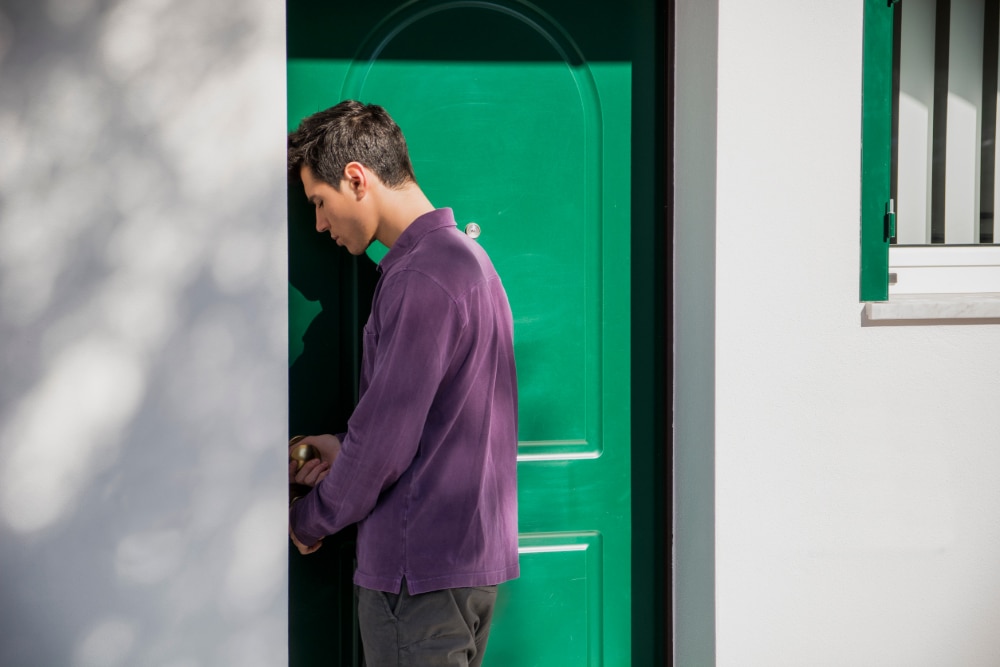How Oregon Helps Drug Addicts Recover

At a time when funding for addiction treatment and addiction research in the U.S. is on hold, The Guardian, of all publications, chose to do a deep dive on what’s working in addiction treatment in Oregon.
The piece is by The Guardian‘s Los Angeles correspondent, Sam Levin, reporting from Portland, Hillsboro, and Medford, Oregon. Levin goes out into the streets in search of people in recovery for substance use disorders (SUDs).
In 2023, Oregon ranked “first in the nation for the most families with children who are living without shelter,” according to the State of the State Housing Report produced by Oregon Housing and Community Services. The report continues, “The number of children experiencing unsheltered homelessness in the state (is) 14 times higher than the national average” and three times higher than the next highest state, Hawaii.
Due to the housing shortage, people receiving treatment for SUDs are often living on the street. That complicates providing life-saving services and promoting continuity of treatment. According to Levin:
Many drug users spiral downward until they overdose, wind up in jail or prison or are forced into Oregon’s overcrowded psychiatric system.
In Portland, Levin gets inside a multi-agency program designed to tackle the toughest problems a city faces: a mostly fentanyl-addicted street population that cannot afford housing. Something with the clumsy name Provider-Police Joint Connection Program is a coordinated effort between dozens of behavioral health providers, the Mental Health and Addiction Association of Oregon (MHAAO), and Portland police.
Every day, teams assess the beds available and other resources, then hit the streets to offer medical treatment, detox, and immediate housing and peer support to people who have hit bottom, are living on the street, and can’t afford their next fix. Every day, on average, they get two more people into recovery.
The success of the program, notes Levin, “stems from the close coordination between groups that provide an array of services, so people can get the full range of help they need without having to navigate complex bureaucracy or long waits.” Many of the people involved in the outreach services “are in recovery, formerly incarcerated or unhoused.”
In suburban Portland, Levin credits recovery care provider, El Jardín, with saving lives. The non-profit provides recovery services for the Spanish-speaking community:
[El Jardín] supports Latinos in the Portland Metro area with low-barrier, no-cost substance use recovery, peer mentoring, case management services, harm reduction support, and outreach services.
The people Levin spoke with credited being able to attend therapy and peer group meetings in Spanish. Having a shared cultural background with others in treatment helped them open up about the peer pressure from friends and relatives to drink and indulge in substance abuse.
Another stop on Levin’s Oregon recovery road was the Recovery Cafe in Medford, Oregon. Addiction is a whole-person problem and a whole-person treatment is needed to recover from it. That includes nutrition. The Recovery Cafe serves one meal per day from 1-4 p.m., Monday through Thursday.
They offer one hour of group therapy each weekday, covering topics including relapse prevention, stress reduction, and building self-esteem. They serve as a hub of “recovery circles,” weekly one-hour, small group conversations with a trained facilitator who is also in recovery. They even have a podcast of recovery stories.
The Recovery Cafe is part of a larger organization called Reclaiming Lives. Founder Stephanie Mendenhall tells The Guardian‘s Levin, “Reclaiming Lives aims to provide long-term peer support for years as people progress through recovery.”
Being able to provide stable housing seems to be the thread running along Levin’s recovery road. His next stop, the Quest sober living home in Portland, provides services for LGTBQ+ persons and their animal companions. Quest serves the whole person with a wide variety of services individuals use to create personalized treatment plans.
Quest provides “sober living houses” which are facilities that provide safe and supportive living environments for those exiting substance abuse rehabilitation programs. They are “temporary living arrangements that offer individuals a transitional space between their program and a more permanent residence.”
Quest also provides individual therapy, group therapy, traditional Chinese medicine, acupuncture, and peer meetings for those in recovery. The effectiveness of the program comes from providing a culturally safe space for people in recovery who share similar challenges. Also, Quest is focused on the long-term wellness of the individual through a balanced and socially-integrated life.
The Guardian‘s deep dive into Oregon’s addiction treatment landscape shows the vital importance of linking addiction treatment services with housing services to stabilize individuals for long enough to complete their care.
Written by Steve O’Keefe. First published April 8, 2025.
Sources:
“How to help people with addictions on the streets? These Oregon programs have solutions,” The Guardian, April 1, 2025.
Image Copyright: theartofphoto.




